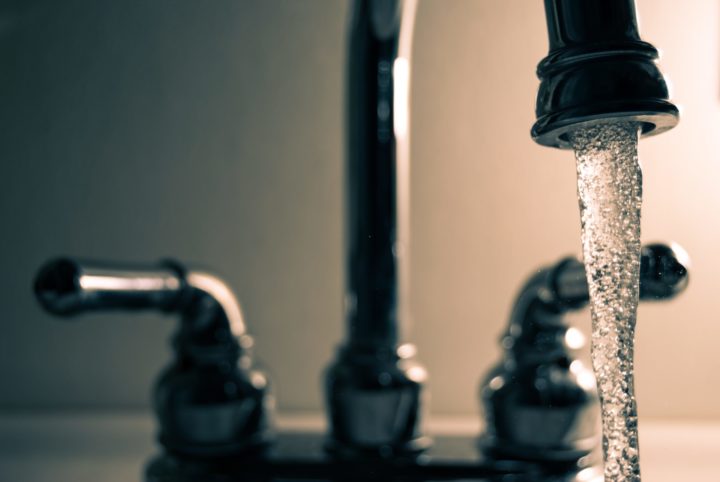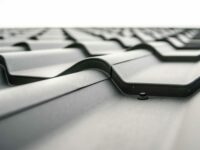The following contribution is from another author.
If you are a homeowner, you know that the pride and joy of having a place that’s all your own comes at a cost, and it can be steep. In today’s Australia, just the daily necessities of cooling and heating a suburban home, running a fridge, and doing the laundry can cost the homeowner power bills over a whopping $2000 a quarter as of 2021! That’s really too dear a price to pay for anyone, and it’s only expected to climb in the coming decade. So, what can be done about it? Fortunately, there are some good answers to that question, and today we are going to take a look at one of the biggest home money sinks, the hot water heater, and explore some ways to go green and make taking a bath a lot less painful on the pocketbook.
There are a variety of ways to accomplish our goal of saving money, but like all good things, there will be some upfront costs involved when we do a green remodelling. When it comes to your hot water heater the amount you spend will be a matter of choice, and there are options. Installing a new, energy-efficient hot water heating system is going to cost more upfront, but save big in the long term. The alternative that can keep your costs down today is to upgrade your current water heater, which is better than doing nothing, but if its more than a few years old, upgrading to a new, green-designed system is likely to pay for itself in just a few years. In either case, you will want to enlist the services of your trusted plumber in Melbourne’s Northern Suburbs to make sure any installations or improvements are done right from the start! Whichever way you choose, new or upgraded water heater, you will stand to win by significantly reducing your home’s energy use.
Here are some of the possible options to consider:
High-Efficiency Water Heater – Water heater efficiency is measured by calculating the amount of fuel energy coming out of the tap as hot water. The unit used is called the “energy factor”, or “EF”. Depending on whether you use gas or electricity for your heat source, the EF can range from .63 for the former, and .97 for the latter. The higher the EF, the better your energy savings.
Heat Pump Water Heater – Heat pumps bring heat from the surrounding air into the water for more efficient water heating, and can reduce energy costs as much as one-third to one-half when installed alongside an electric resistance water heater in hotter climates.
High-Efficiency Electric Resistance Storage Water Heater – When compared to water heaters that rely on fossil fuels, electric resistance water heaters are much more efficient, easier to install, safer, and better insulated to retain standby heat.
The Australian government also has useful info on hot water energy savings. So, go green, save money, and enjoy that hot bath without guilt!
















